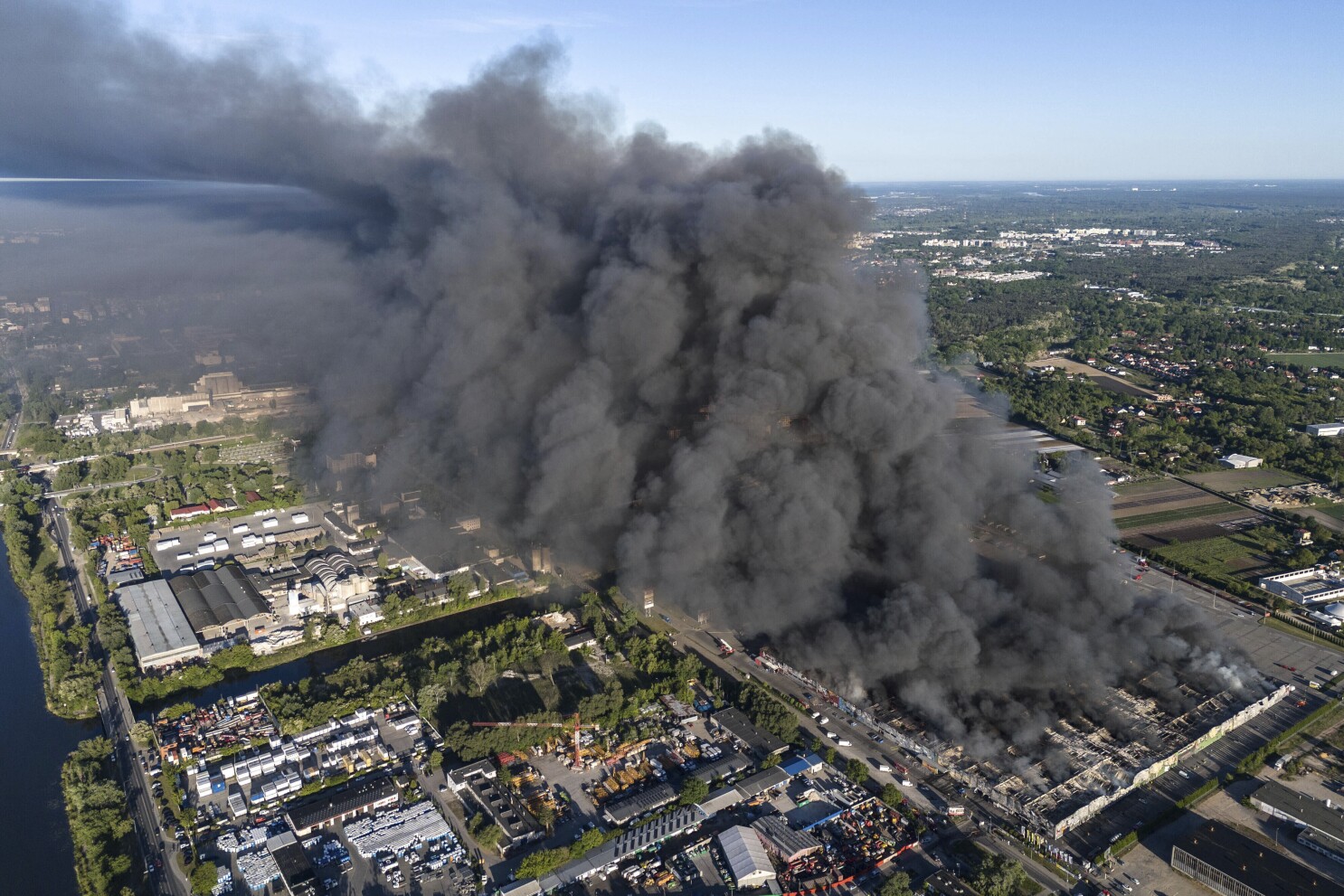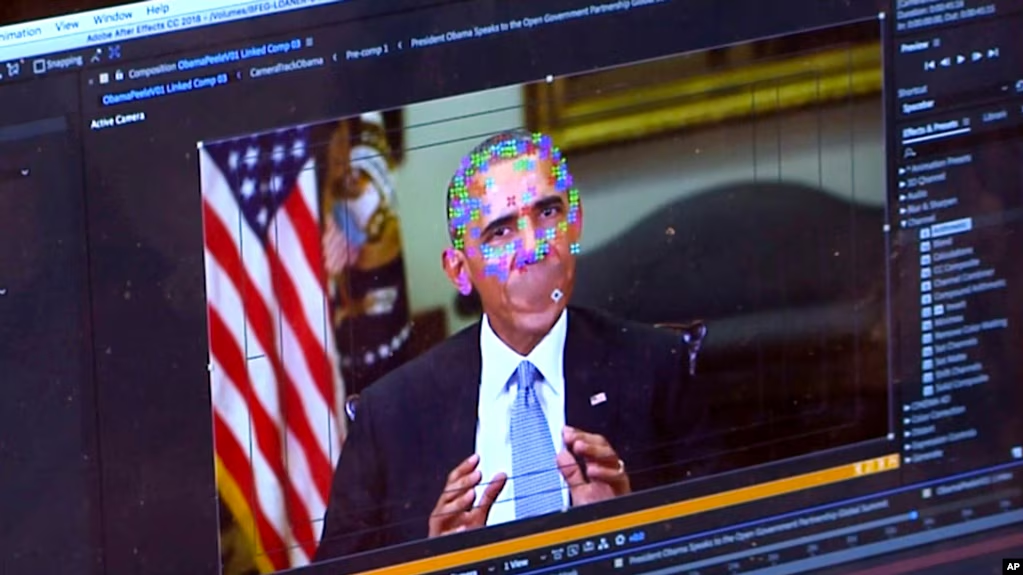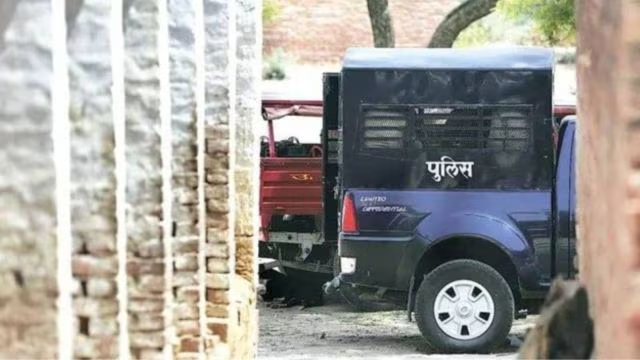In a significant escalation of tensions, Poland announced the closure of the Russian consulate in Krakow, citing evidence of Moscow’s involvement in a devastating arson attack on a Warsaw shopping center in 2024. This decision, accompanied by Russia’s vehement denial and accusations of Polish Russophobia, marks a new low in the already strained relations between the two nations. This article explores the incident, its broader implications, and the historical and geopolitical context, delving into hidden truths, relevant research, and the complex interplay of diplomacy, sabotage, and international relations.
Background: The Arson Attack and Poland’s Response
The Marywilska Street Fire
In 2024, a massive fire ravaged a prominent shopping center on Marywilska Street in Warsaw, reducing much of the complex to ashes. The blaze, which caused significant economic damage and disrupted the lives of countless citizens, was initially shrouded in mystery. However, Polish authorities soon pointed to evidence implicating Russian special services in orchestrating the attack. Prime Minister Donald Tusk, in a public statement on a Sunday in 2025, declared that Poland was certain of Russia’s involvement, describing the incident as a “reprehensible act of sabotage.”
The fire’s scale and the precision of its execution raised suspicions of a coordinated effort. Polish intelligence agencies, working in tandem with international partners, reportedly uncovered communications and logistical trails linking the incident to Russian operatives. While specific details remain classified, the Polish government’s confidence in attributing the attack to Moscow underscores the gravity of the findings.
Diplomatic Repercussions: Closing the Krakow Consulate
In response to the alleged sabotage, Polish Foreign Minister Radoslaw Sikorski announced the withdrawal of consent for the operation of Russia’s consulate in Krakow. In a post on X, Sikorski stated,
“Due to evidence that the Russian special services committed a reprehensible act of sabotage against the shopping centre on Marywilska Street, I have decided to withdraw my consent to the operation of the Consulate of the Russian Federation in Krakow.”
The consulate, staffed by three diplomats and four additional employees, was given approximately 30 days to cease operations. This move followed a pattern of Polish actions against Russian diplomatic presence, including the 2024 closure of the Russian consulate in Poznan over similar sabotage allegations. The Krakow closure further reduces Russia’s diplomatic footprint in Poland, leaving only its embassy in Warsaw and a consulate in Gdansk.
Poland’s Broader Stance
At a meeting of foreign ministers in London, Sikorski warned that Poland would take additional measures if such attacks persisted. This statement reflects Warsaw’s growing frustration with what it perceives as a sustained campaign of Russian aggression, including cyberattacks, disinformation, and physical sabotage. Poland’s role as a key NATO member and a logistical hub for aid to Ukraine has placed it squarely in Moscow’s crosshairs, amplifying its vulnerability to hybrid warfare tactics.
Russia’s Response: Denial and Accusations of Russophobia
Kremlin’s Official Statement
Russia swiftly denied any involvement in the Warsaw fire, with Kremlin spokesman Dmitry Peskov dismissing Poland’s claims as “absolutely groundless.” Speaking to reporters, Peskov accused Poland of adopting a “Russophobic and unfriendly position” toward Russia, framing the consulate closure as part of a broader pattern of hostility.
“Many different accusations against Russia are voiced in Poland, this is part of an absolutely Russophobic and unfriendly position towards our country,”Peskov remarked, emphasizing that such allegations lacked evidence.
Russian Foreign Ministry’s Retaliatory Threats
Russian Foreign Ministry spokeswoman Maria Zakharova echoed Peskov’s sentiments, labeling Poland’s actions as “imbued with Russophobia and some sort of hatred.” In comments to the state-run TASS news agency, Zakharova suggested that Russia would respond “appropriately” after completing certain procedures. She further argued that Poland’s measures would harm its own citizens, stating,
“Warsaw’s actions… were not just towards Russia, but to their own citizens because they will be the ones to suffer in the first instance.”
Zakharova’s remarks hint at potential retaliatory measures, such as further restrictions on Polish diplomatic missions in Russia. The 2024 closure of the Polish consulate in St. Petersburg, in response to Poland’s expulsion of Russian diplomats from Poznan, serves as a precedent for such tit-for-tat actions.
Historical Context: Poland-Russia Relations Since 2022
The Ukraine Factor
Relations between Poland and Russia have deteriorated sharply since Russia’s invasion of Ukraine in February 2022. Poland, a staunch supporter of Ukraine, has emerged as a critical hub for Western military and humanitarian aid to Kyiv. This role has made Poland a prime target for Russian hybrid warfare, including cyberattacks, disinformation campaigns, and alleged acts of sabotage. The Marywilska Street fire is just one of several incidents Poland attributes to Moscow’s efforts to destabilize its infrastructure and sow discord.
Research from the European Centre of Excellence for Countering Hybrid Threats highlights Russia’s increasing reliance on hybrid tactics to weaken NATO allies supporting Ukraine. These tactics combine traditional espionage with modern tools like cyber operations and physical sabotage, creating a multifaceted threat that is difficult to counter. Poland’s strategic position on NATO’s eastern flank amplifies its exposure to such risks.
Previous Diplomatic Clashes
The closure of the Krakow consulate is not an isolated incident but part of a series of diplomatic confrontations. In October 2024, Poland shuttered the Russian consulate in Poznan, citing evidence of Russian sabotage attempts. Russia retaliated by closing the Polish consulate in St. Petersburg, further straining bilateral ties. These reciprocal measures reflect a broader trend of deteriorating diplomatic relations across Europe, as NATO members grapple with Russia’s aggressive posture.
Hidden Truths: The Nature of Russian Sabotage
Evidence and Intelligence Challenges
While Poland claims to have definitive evidence of Russian involvement in the Warsaw fire, the specifics remain closely guarded. Intelligence agencies face a delicate balancing act: releasing too much information could compromise sources and methods, while withholding details fuels skepticism and accusations of politicization. Open-source analyses, such as those by the Institute for the Study of War, suggest that Russia has expanded its sabotage operations in Europe, targeting critical infrastructure to disrupt support for Ukraine.
The Warsaw fire bears similarities to other incidents attributed to Russia, such as the March 2024 arson attack on an IKEA store in Vilnius, Lithuania. Lithuanian prosecutors accused Russia’s military intelligence (GRU) of orchestrating the attack, which occurred just days before the Warsaw fire. These incidents point to a coordinated campaign to destabilize NATO’s eastern members, leveraging arson as a low-cost, high-impact tool.
The Role of Hybrid Warfare
Russia’s alleged sabotage in Poland fits into a broader strategy of hybrid warfare, which blends conventional and unconventional tactics to achieve strategic objectives. According to a 2023 report by the Center for Strategic and International Studies, Russia has increasingly targeted civilian infrastructure in Europe to create economic disruption and erode public confidence in governments. The Marywilska Street fire, by crippling a major commercial hub, aligns with this pattern, inflicting both economic and psychological damage.
Hybrid warfare’s effectiveness lies in its deniability, notes security expert Dr. Anna Kowalska.
“By using proxies, covert operatives, or local collaborators, Russia can maintain plausible deniability while maximizing disruption,”she explains. This approach complicates attribution and response, as evidenced by Russia’s blanket denials and Poland’s cautious release of evidence.
Geopolitical Implications
Poland’s Role in NATO
Poland’s decision to close the Krakow consulate underscores its assertive stance within NATO. As a frontline state bordering Russia and Belarus, Poland has invested heavily in bolstering its defense capabilities and strengthening alliances. The country’s leadership views Russian sabotage as a direct threat to its security and a test of NATO’s resolve. By taking decisive action, Poland signals its unwillingness to tolerate such provocations, even at the risk of further escalation.
Russia’s Response Retaliatory Measures
Russia’s promised “appropriate” response could take various forms, from diplomatic expulsions to economic sanctions or cyberattacks. The closure of the Polish consulate in St. Petersburg in 2024 suggests that Russia may target Poland’s remaining diplomatic presence. Alternatively, Moscow could escalate its hybrid operations, intensifying cyberattacks or disinformation campaigns to undermine Poland’s stability.
European Security Dynamics
The Krakow consulate closure reverberates beyond Poland, raising questions about the security of other NATO members. The Lithuania IKEA fire and similar incidents in the Baltic states highlight the vulnerability of civilian infrastructure to Russian sabotage. NATO’s 2024 Strategic Concept identifies hybrid threats as a key challenge, calling for enhanced intelligence-sharing and resilience measures. Poland’s actions may inspire other allies to adopt a harder line against Russian diplomatic missions, potentially leading to a broader reduction in Russia’s European presence.
Public and International Reactions
Polish Public Opinion
In Poland, the government’s decision has garnered widespread support, reflecting deep-seated distrust of Russia. A 2025 poll by CBOS found that 78% of Poles view Russia as a threat to national security, a sentiment fueled by historical grievances and recent aggression. However, some critics argue that closing consulates harms cultural and economic ties, disproportionately affecting Polish citizens who rely on consular services.
International Community
The international response has been mixed. NATO allies, particularly the Baltic states and the United States, have expressed solidarity with Poland, condemning Russia’s alleged sabotage. However, some European nations, wary of escalating tensions, have urged restraint. The European Union, while supportive of Poland’s right to respond, has emphasized the need for de-escalation to avoid a broader diplomatic crisis.
Future Outlook: Navigating a Volatile Landscape
Poland’s Next Steps
Poland’s warning of further action suggests a proactive approach to countering Russian threats. Potential measures include increased investment in cybersecurity, enhanced border security, and closer coordination with NATO allies. The government may also seek to rally domestic and international support by declassifying additional evidence of Russian sabotage, though this carries risks of exposing intelligence methods.
Russia’s Calculations
Russia’s response will likely balance the need to project strength with the risk of alienating neutral or sympathetic states. While retaliatory closures of Polish consulates are probable, Moscow may also intensify its hybrid operations, targeting Poland’s energy infrastructure or public opinion. The Kremlin’s broader goal—to weaken NATO’s cohesion—remains unchanged, with Poland serving as a key battleground.
Long-Term Implications
The Krakow consulate closure marks a pivotal moment in Poland-Russia relations, with ramifications for European security and NATO’s eastern flank. As hybrid threats proliferate, the incident underscores the need for robust countermeasures, from intelligence-sharing to public resilience. For Poland, the challenge lies in balancing deterrence with diplomacy, ensuring that its actions strengthen rather than isolate its position within the Western alliance.
In conclusion, the closure of Russia’s consulate in Krakow reflects the deepening rift between Warsaw and Moscow, driven by allegations of sabotage and broader geopolitical tensions. By examining the incident’s context, evidence, and implications, this article reveals the complex dynamics of hybrid warfare, diplomatic brinkmanship, and the enduring struggle for security in a volatile region. As both sides prepare their next moves, the stakes for Poland, Russia, and the broader international community could not be higher.




























0 Comments